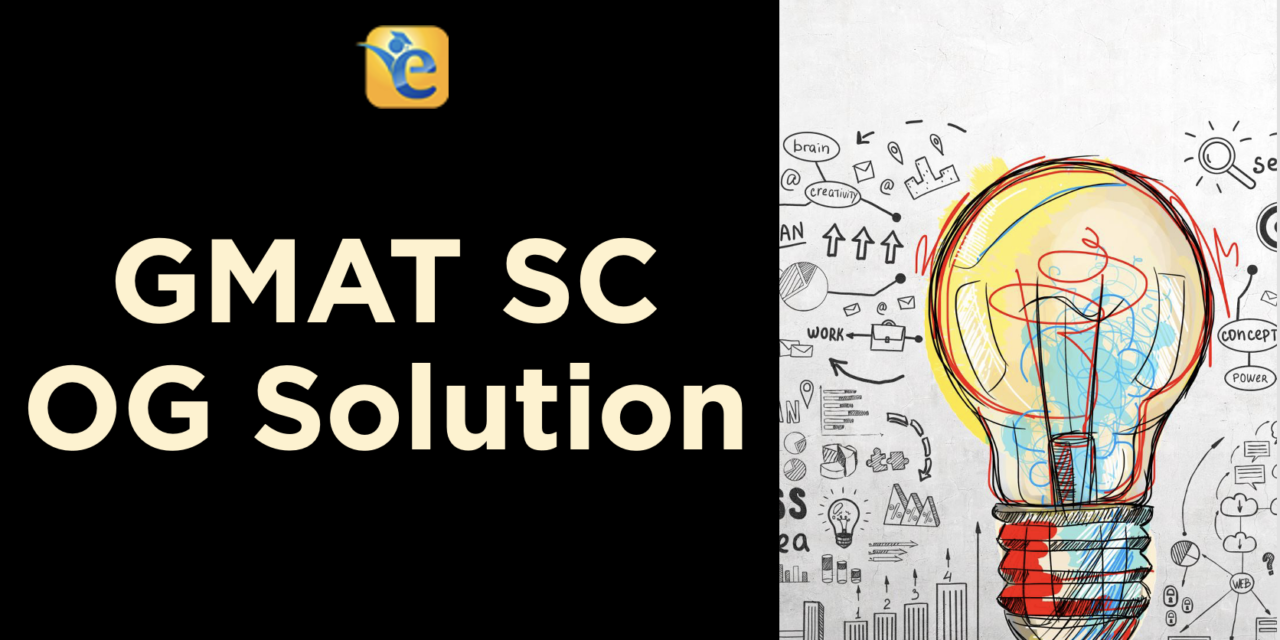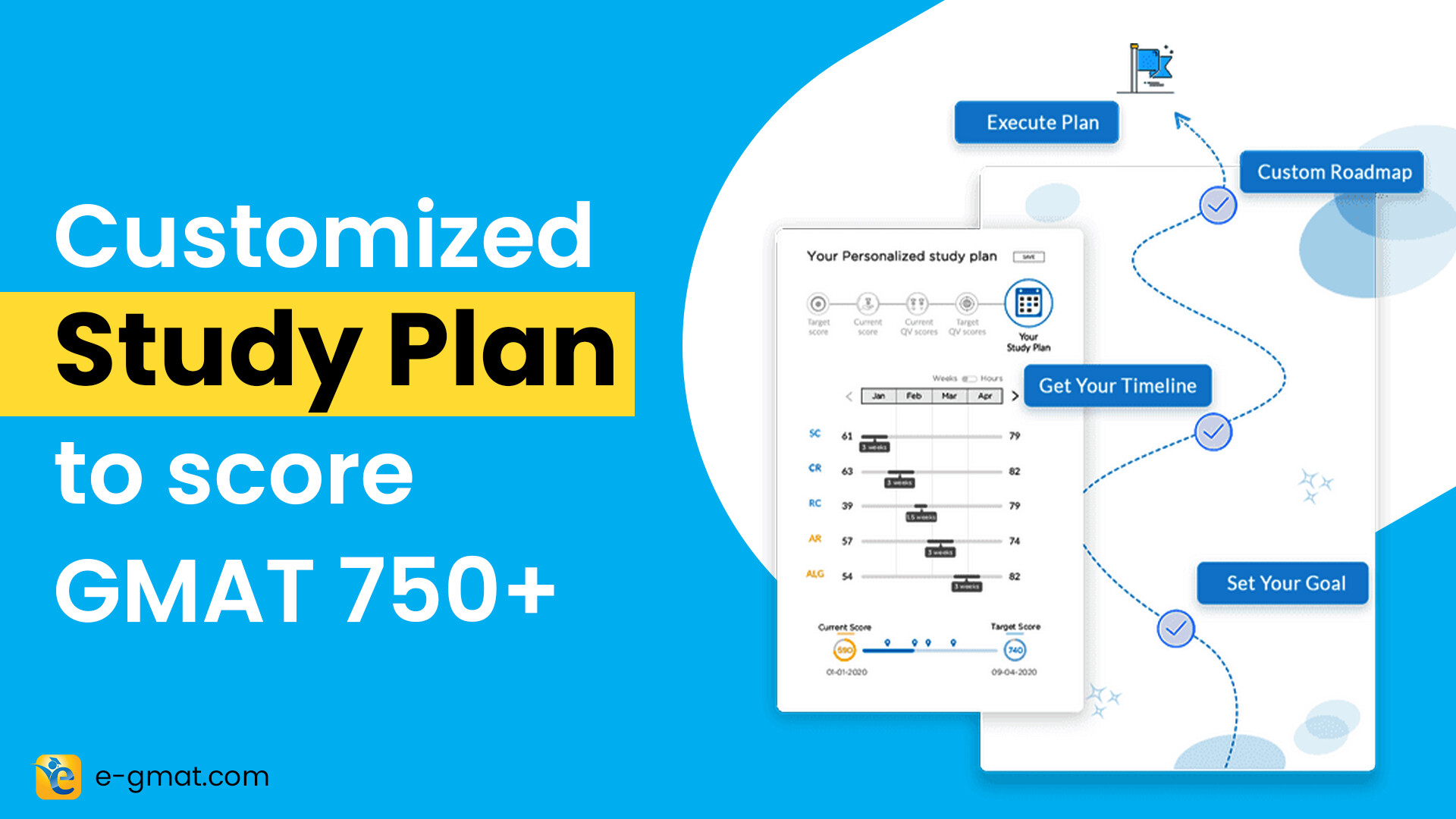What does this question test?
This question tests your understanding of verb tenses – two actions sequenced one after the other in the past time frame & verb tense associated with prediction made in the future. It also tests your understanding of pronoun reference and agreement with the antecedent.
What does this sentence mean?
This sentence presents the detail of the announcement made by the company. The company announced the following:
- Past Performance: The profits declined much less in 2nd quarter than the analysts’ expectations
- Future Prediction: Business would improve in the 2nd of the year.
Loved the solution? Take a free trial to get unlimited access to concept files, live sessions, and practice questions. For any strategic advice for GMAT or MBA Admissions, write to us at acethegmat@e-gmat.com. We are the most reviewed GMAT prep company on GMATClub with more than 2400+ reviews
What are the errors in the original sentence?
The sentence structure is as follows:
- Clause 1: The company announced
- Clause 2: that its profits declined much less in the second quarter than
- Clause 3: analysts had expected it to and
- Clause 4: its business will improve in the second half of the year.
This sentence has 3 errors:
Pronoun Error: The pronoun “it” in clause 3 refers to profits. Thus, the pronoun-antecedent pair does not agree in number.
Verb Tense Error: The company made announcement about the prediction of performance of the company in the near future. Since this is a prediction, there is uncertainty associated with this. Hence the correct verb tense here is “would” instead of “will”.
Parallelism Error: Clause 2 and 4 are parallel clauses that begin with “that”. Typically, we can consider “that” common for the clauses in the list as long as it is explicitly stated prior to the first clause in the list. However, in this sentence, clause 3 falls between the two parallel clauses and hence for sake of clarity “that” should be repeated prior to the other elements in the list – clause 4 in this case.
Answer Choice Analysis:
Choice B: No Errors
Choice C: This choice has 3 errors:
Pronoun Error as in Choice A
Verb Tense Error as in Choice A
Verb Tense Error for verb – expected: The two events here “analysts expected” and “profits declined” are related. It is clear that the analysts made the expectation about the profits and then the profits performed in the predicted manner. Thus, the verb tense for verb “expected” should be past perfect so that the intended sequencing is communicated.
Choice D: This choice has 2 errors:
Verb tense Error for verb – expected: As in Choice C
Wordy: “expected them to” is unnecessarily wordy.
Choice E: This choice has 2 errors:
Verb tense error for verb – expected: As in choice C
Verb tense error for verb – improved: The use of future perfect tense for this verb brings a sense of certainty. It indicates that in the second half of the year, for certain, the business will improve. This is not the intended meaning.
What are the key take-away messages?
- If the verbs are sequenced such that one action took place prior to another in the past, then past perfect tense should be used to express the prior action.
- If prediction in the future is expressed, it should be done using the verb form “would verb” instead of “will verb”
- In this sentence, clause 2 and 4 are parallel. We may have taken “that” common and not repeated it for clause 4, but since clause 3 lies between the two parallel clauses, for sake of clarity, “that” should be repeated for clause 4.
- Pronoun-antecedent should agree in number.
Loved the solution? Take a free trial to get unlimited access to concept files, live sessions, and practice questions. For any strategic advice for GMAT or MBA Admissions, write to us at acethegmat@e-gmat.com. We are the most reviewed GMAT prep company on GMATClub with more than 2400+ reviews
Where can you find more information?
Register at e-gmat to access Sentence Correction free trial.
Refer to conditional verb concept for more details on the constructions used for expressing uncertain events or predictions.











